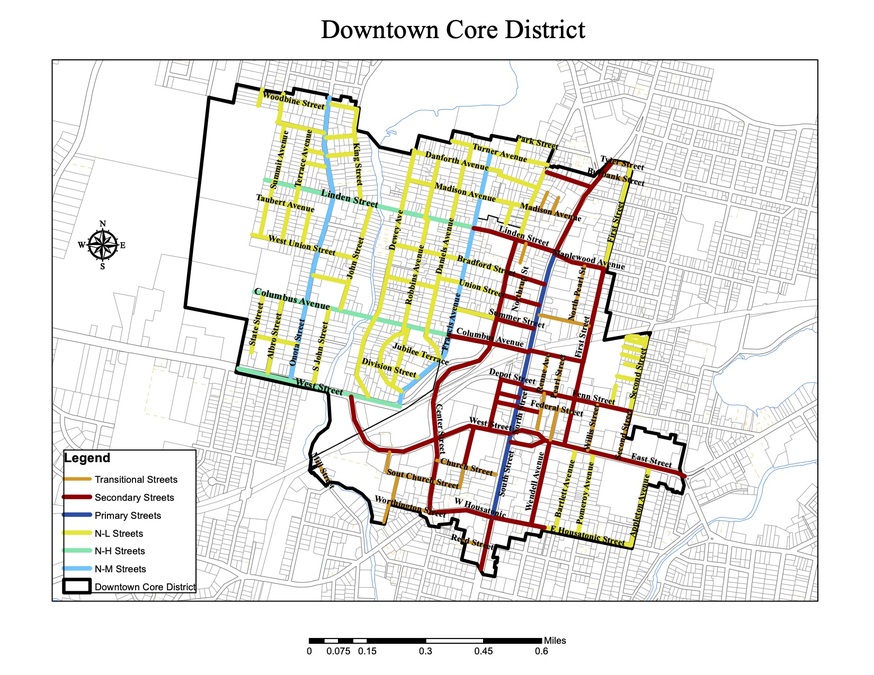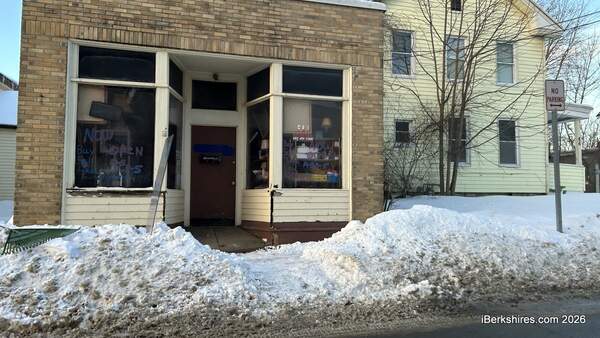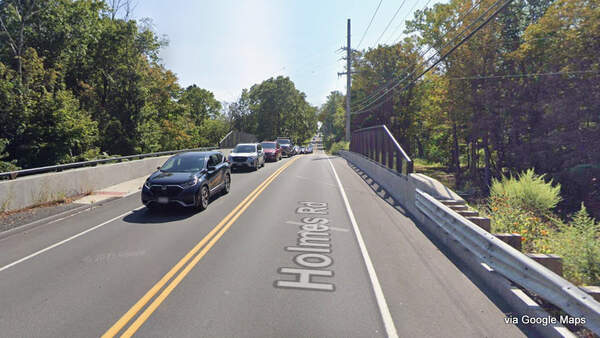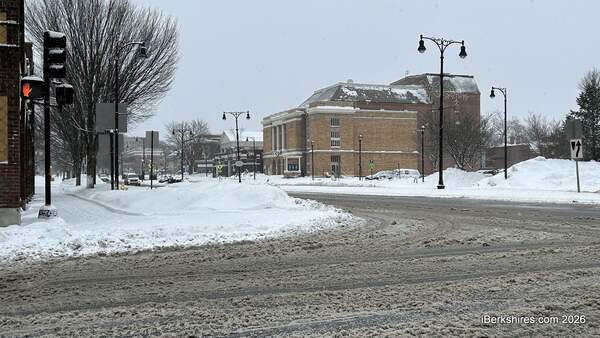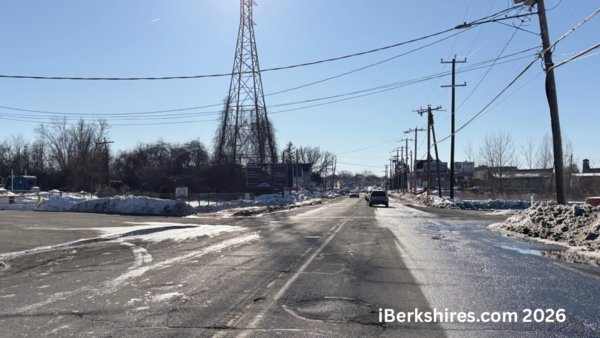
Pittsfield Homelessness Committee Drafts Recommendation Letter to Mayor
PITTSFIELD, Mass. — The Homelessness Advisory Committee is finalizing a recommendation letter that will be sent to Mayor Linda Tyer in regards to the city's homeless population.
The panel's recommendations include addressing the "severe deficit" of affordable housing; adopting a facility similar to Behavioral Health Network's "The Living Room" in Springfield; improving access to services; adding centrally located public restrooms and lockers; and providing transitional stabilization services and comprehensive bilingual services.
The formal response will be addressed to Tyer and the City Council and will be reviewed at the next meeting.
In September, members were asked to identify service gaps in the city's response to homelessness and bring recommendations to the October meeting that will go to Tyer.
A "one-stop shopping" venue was largely suggested where individuals can sleep, shower, eat, and receive services. The operation would be similar to "The Living Room" in Springfield.
Members also pushed for long-term supportive services that keep people in housing once it is acquired.
"I want to thank each and every one of you for your thoughtful participation and suggestions," Chairwoman Kim Borden said to the committee on Wednesday. "Last month, it just felt good to hear from everyone what the vision is and where the gaps are and ideas and ways to fill those gaps."
The panel, which is a revised version of the Homelessness Prevention Committee that dissolved in 2020, has been criticized for its ineffectiveness.
Last month, Ward 7 Councilor Anthony Maffuccio resigned from the panel, citing frustrations with the committee's ability to do anything after 10 months in existence.
He also called for Tyer to rescind the committee for lack of reaching any goals and member Ed Carmel backed his sentiments.
Carmel was not present at this meeting.
"The work that folks on this committee have done is really important, and I know that there was reference that that isn't so but the reality is that everyone who attends is making a difference," Borden said in regards to those statements.
"And you're representing folks that ordinarily wouldn't be represented and your thoughtfulness with all of this will make a difference as we move forward."
The letter to Tyer states that the purpose of the committee is to advise her and the City Council on issues relating to homelessness in Pittsfield with efforts focused on advocacy and public education.
The Homelessness Advisory Committee is to work with community leaders, city residents, and service providers to understand the needs of those who are homeless or at risk of becoming homeless; to explore -- in collaboration with the city community leaders, city residents, and service providers -- ways to address those needs; and recommend actions the city to address them.
In this meeting, the committee also received a presentation from interim Deputy Superintendent and Pittsfield High School Principal Henry Duval on homelessness within the schools.
Duval is also the homelessness coordinator for the district.
In 2020 and 2021, the district had 49 students that were identified as homeless. Nineteen of those students lived in shelters, 21 of them were what he calls "doubled up," which often means staying with a relative, three were placed in motels and four were in a motel and car combination.
Two of the students are independent, meaning they are likely 17 or 18 years old and choose to live on their own but are considered homeless.
For the 2021 students, 14 reported as homeless upon their enrollment. Duval said when a student reports as homeless upon enrollment, that means they are coming to the district from somewhere else.
"And so of those 49 we had last year, 14 of those were not Pittsfield residents at the time or their families were not," he clarified.
The highest population of homeless students from the last school year was in December and January, accounting for 42 of the 49 students. The lowest population of homeless students was in June with only 16.
The average time of homelessness for the student population was about nine months.
ServiceNet Director of Shelter and Housing Erin Forbush asked how the state Department of Children and Families ties into situations with homeless students.
School psychologist Ann Marie Carpenter explained that the district tries to work with DCF to keep families together as long as the children are being provided with adequate resources and a safe environment.
"We certainly report a child as homeless in terms of our own tracking, but it would depend on what the parent has done to care for those children in their homelessness, so if they're doubled up with family, for example, those children have food and shelter and are warm, then we wouldn't file," she explained.
"But if a child was in a house that was not adequate for their needs or didn't have heat or there was no way to provide food or was living in a car those situations would be where we would file, certainly not in a punitive way, and work with parents and an express to DCF even within that filing, what parents are doing to try to parent their children, but those families often need services and so that filing becomes an avenue to seek those services as well."
Duval suggested that the deputy superintendent be added to the committee's discussions for better collaboration. He pointed out that Marisa Mendonsa will be taking over the permanent position halfway through the month but believes that it is important to have that voice present at the meetings.
Tags: homeless,

